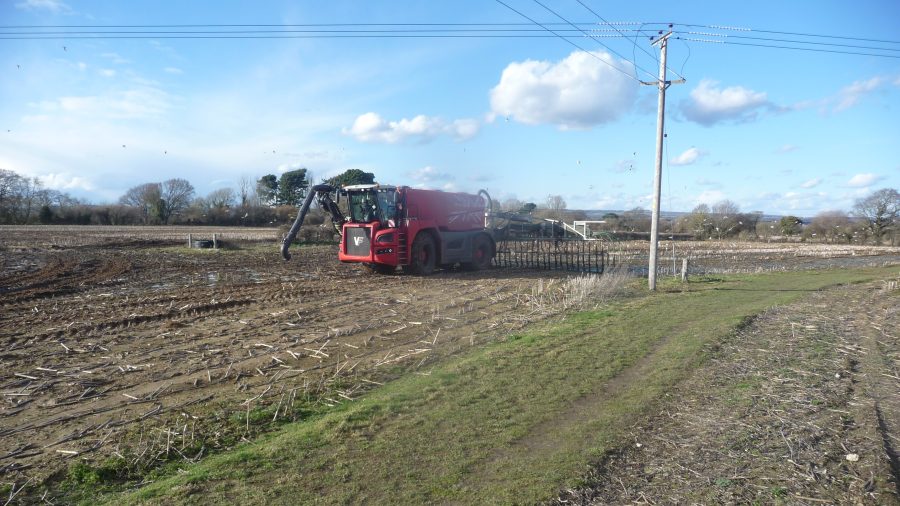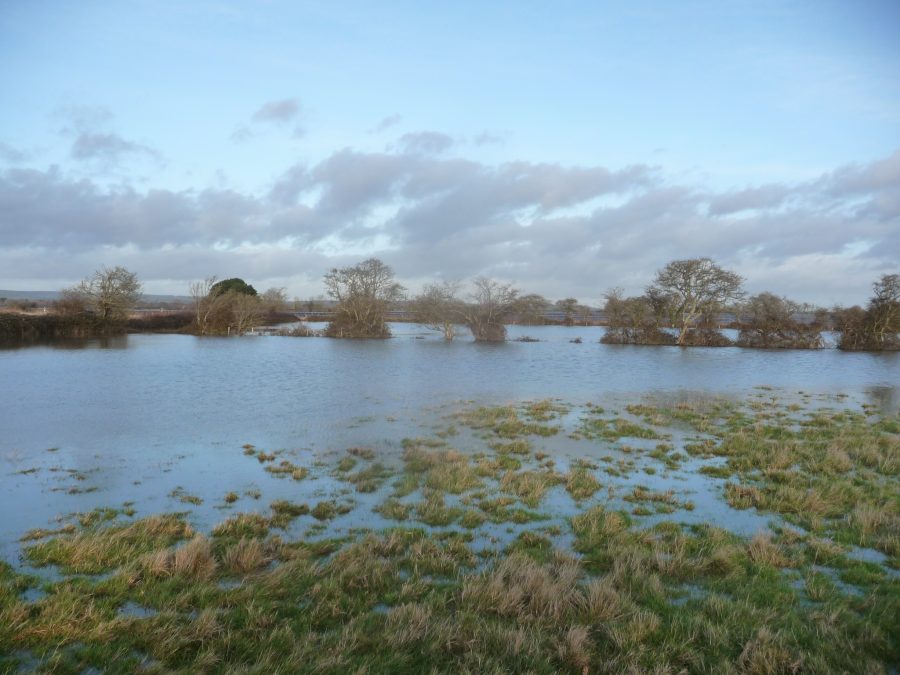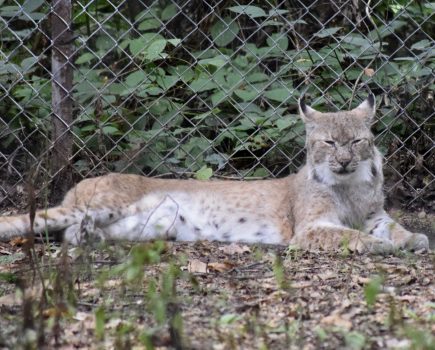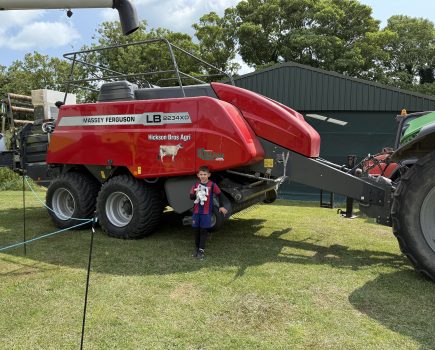All farmers know about the effects of seedbed consolidation. This observation is particularly related to the environmental requirement to use digestate, and the like, as an alternative to NPK fertiliser, primarily due to last year’s Russian invasion of Ukraine. It is a big logistical problem for hauliers and spreading contractors, who need big equipment to be viable. Lorries, handlers, field tankers; digestate itself may be cheap, but it requires some big and heavy tackle to move it.
Then what doesn’t help at all is to get wet weather around the main planting period, late April into mid-May. That happened around the south last spring, setting much maize drilling back up to six weeks in some extreme cases.
The problem is transporting the digestate by field spreaders which, when loaded, weigh something between 25 and 30 tons. Then, when they often have to travel along quite restricted routes, they rut or consolidate the soil to an almost unworkable state. As an old dairy farm, we have some quite small fields, so those routes used suffered extreme compaction, which this year was apparent from crop emergence until harvest. It’s a problem I imagine many maize growers have also suffered.
The obvious solution would be to put a deep subsoiler over and along these tracks immediately after the spreading and before sowing, but in this spring’s wet conditions that was nigh impossible. In a dry spring it would be no problem.
One quite understands why contractors need such machines, and I’m sure most would rather be handling traditional fertilisers with mounted spreaders, but it will doubtless be harder and costlier to obtain those fertilisers, so we must be prepared. If following crops, and soils, are seen to suffer like this, some questions will have to be answered. I fully understand why this is happening, but we need to have a solution, because you cannot just order up a dry fortnight online.
Having said all this I have to report the final tally of the crop was quite satisfactory, far exceeding earlier expectations, and the total sent off to the anaerobic digestion (AD) plant was very good, with large cob size and a fair proportion this year of full-sized double cobbed plants.
I hesitate to mention it, but it was both good and disturbing to see the water companies, Southern Water being one of the main culprits, exposed recently for their regular discharges of raw sewage into waterways and eventually to the sea.
Obviously, one understands that in times of high rainfall this practice can be unavoidable, but their points of discharge are many rivers/rifes which have been largely neglected since 1996, meaning the only option for the sewage is to flood back onto lower lying farmland upstream.
What I find odd is that we don’t hear more complaints about this. Do the companies concerned have some hold over landowners, to protect the environment and water companies from their own negligence? There is an almost complete lack of complaints from affected farmers, but why? I understand if those farms are dairy farms, because they are always the first to be threatened over perceived pollution, but there are not many dairy farmers around these days, yet still there is no real backlash against this official pollution. If you are affected, make a fuss! Speak to your MP or write to the editor of South East Farmer. But don’t do nothing.
We have had several sightings recently on the home farm of a rare winged visitor, a white tailed sea eagle. It is a very big and impressive creature and recently the NFU invited farmers to a meeting about reintroducing them. I don’t think I am alone amongst the farming community in saying this, but do we really need to encourage any more of these large predators?
If they stick to fish then it’s probably acceptable, to all but fishery managers, but I imagine if they get hungry a tasty young lamb, or even a newborn calf, might be quite attractive. I think it’s great to see these exotic visitors occasionally, but let’s not encourage them just to satisfy the small minority of Mr Packham’s supporters who don’t realise, or even care, about the damage they may cause on farms.
The next thing we will be asked to encourage will be golden eagles, birds which I have seen ‘up close’ in the Swiss Alps and not quite so close up in Scotland. Beautiful and impressive, but best seen rarely, and from a distance, not feasting on farmers’ livestock in the south of England.
Last month’s news that a number of the Government’s biodiversity net gain schemes, which farmers had expected to come before parliament this month, had been delayed was very unwelcome.
Planning becomes difficult when there is so little recognition of what these political delays cause in the countryside in areas such as service suppliers, forward cropping plans and staff requirements. So many things need to be arranged, often many, months ahead, yet civil servants can sit in offices and change things at a whim. Fortunately our woodland planting scheme has progressed and remains on target.

Digestate spreading







